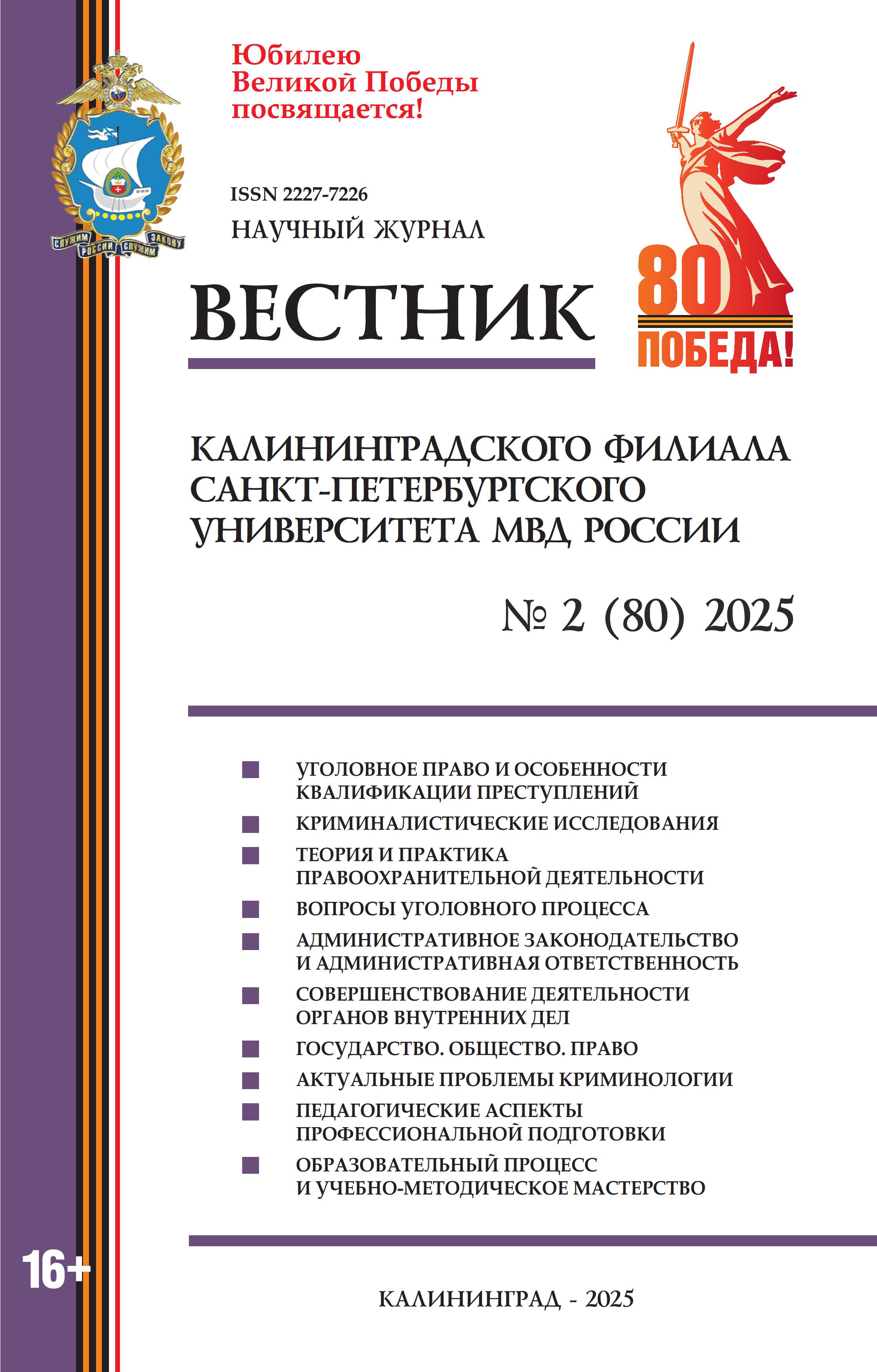employee
Kaliningrad, Kalinigrad, Russian Federation
Introduction. The article examines the lexical-semantic and structural-derivational features of compound words and the possibility of their effective use in classes on Russian as a foreign language. The main objective of the study conducted by the author was to describe the methodology of working with vocabulary of this type, which is of particular interest to students in terms of its inherent metaphorical and humorous features, reflecting the linguacultural and axiological specificity of the worldview of the Russian people. Methods. To achieve the stated goals, a comprehensive methodology was used, based on theoretical and linguistic concepts in the field of studying composite word formation and a methodological approach based on research by specialists in the field of teaching Russian as a foreign language. The author's developments of lessons on Russian as a foreign language, intended for advanced level students, were used as linguodidactic material. Results. The characteristic features of complex words of metaphorical structure denoting behavioral types and characters are highlighted, the methodology of step-by-step work with them aimed at developing students' linguistic, metalinguistic, linguacultural and axiological competencies is described. The results of testing the author's developments of lessons presented in the article are assessed, and the conclusion is made that the effectiveness of using the analyzed material in lessons on Russian as a foreign language was demonstrated.
Educational methodology, teaching methods, Russian as a foreign language, linguacultural studies, word formation, compound words, word formation metaphor







